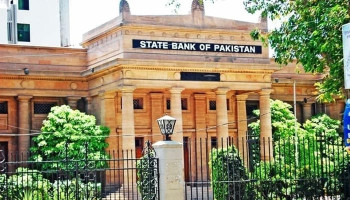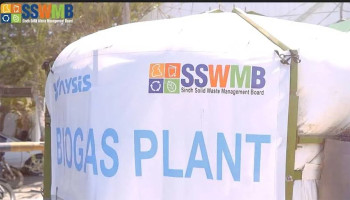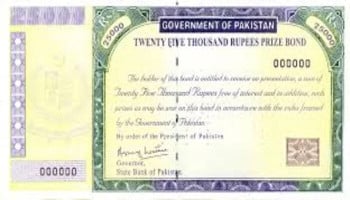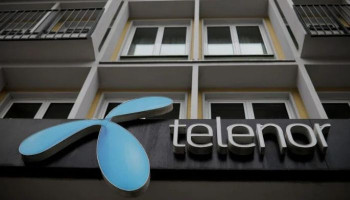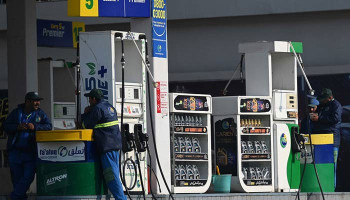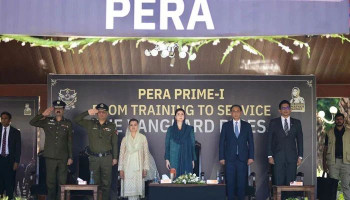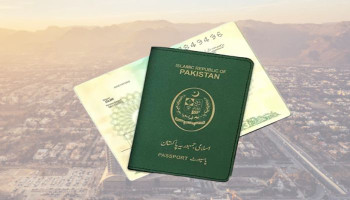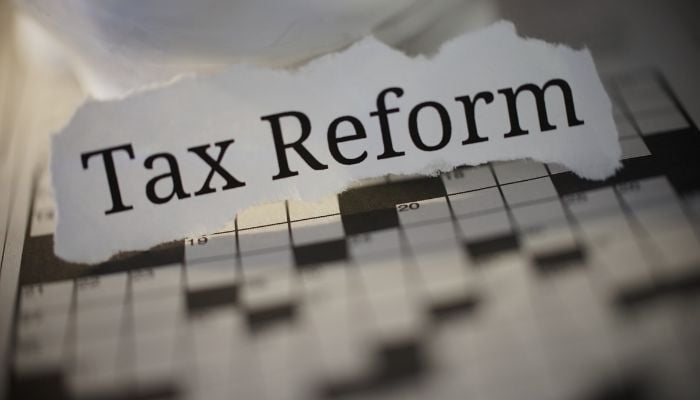
To increase exports and investment, Pakistan's Industrial Policy Committee suggested important tax reforms. These included the reduction in corporate tax and a 72-hour sales tax refund regime.
The sub-committees for tax rationalisation and export growth gave their proposals during a meeting of all the committees, chaired by Special Assistant to the Prime Minister (SAPM) Haroon Akhtar Khan. The meeting also had senior officials from the Federal Board of Revenue (FBR) and other concerned parties.
One of the main recommendations of the sub-committees consisted of reducing the corporate income tax from 29% to 26% over three years.
Khan, while acknowledging that Pakistan's tax rate of 29% is considerably higher than those of many countries in the region, cited Vietnam's 17% tax rate as relevant evidence.
He contended that lowering corporate taxes would enhance business competitiveness, generating growth in the economy.
The super tax regime also came under scrutiny, with a recommendation to change it from applying to total profits to only profits or income exceeding a certain threshold. The committees also recommended a gradual reduction of the super tax from 10% to 5% in five years, to abolish the super tax in the sixth year if the fiscal condition allows.
To enhance exports, the committees recommended the implementation of a fast-track remission regime that would guarantee a sales tax remission within 72 hours through a standalone reporting system.
They also called for revising the Drawback of Local Taxes and Levies (DLTL) scheme, cutting advance taxes on exporters, and removing power tariff cross-subsidies.
Additionally, they proposed cheaper export financing, urging banks to offer rates at least 500 basis points below the current policy rate.
Speaking to participants, Khan emphasised that export-led growth is a national priority. He conveyed PM Shehbaz Sharif’s clear directive: support local industries through smart incentives and policy reforms to help them compete globally.





